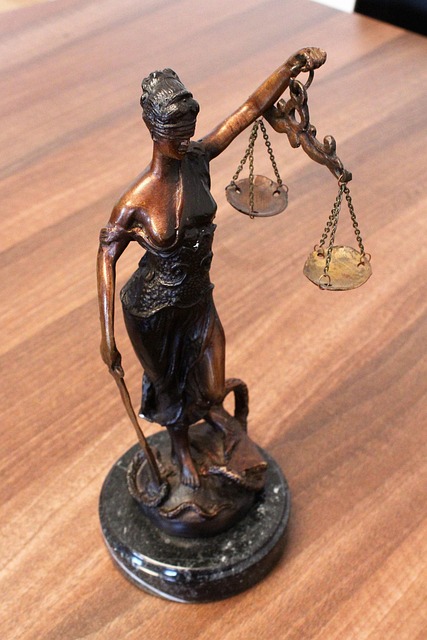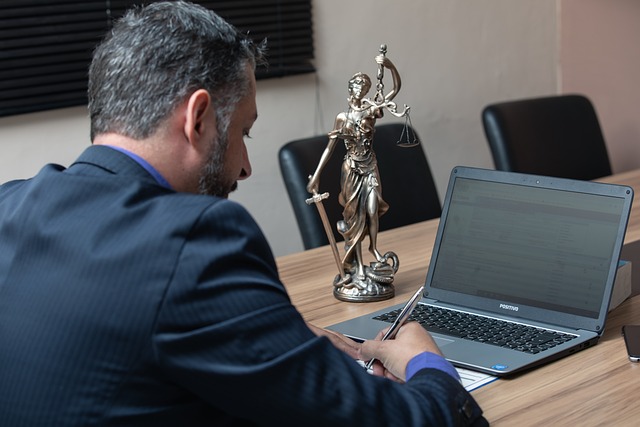Public corruption charges carry severe consequences, making it crucial for individuals to understand how to overturn a wrongful conviction. This process involves meticulously scrutinizing trial procedures, evidence collection, and witness testimonies for inconsistencies or misconduct. Legal teams must build robust defenses by gathering compelling evidence, challenging admissible evidence, presenting alternative theories, and maintaining transparent communication with clients. Strategic planning, deep legal understanding, and meticulous attention to detail are essential to navigating complex white-collar crime cases and successfully appealing wrongful convictions.
“Public corruption charges cast a long shadow, impacting not just individuals but societal trust. Understanding these charges, as outlined in this article, is crucial for navigating complex legal landscapes. We demystify ‘public corruption’ and its legal implications, delving into the process of identifying errors that could lead to wrongful convictions.
Key strategies are provided for building a robust defense, exploring legal remedies, and evaluating evidence. Additionally, we guide readers through the appeals process, offering effective strategies to overturn a wrongful conviction, ensuring justice prevails.”
- Understanding Public Corruption Charges: Definition and Legal Implications
- Identifying Errors in Conviction: Steps to Build a Strong Case
- Exploring Legal Remedies: Grounds for Appeal and Post-Conviction Relief
- Evidence Evaluation: Proving Actual Corruption and Overcoming Prosecution Arguments
- Navigating the Appeals Process: Effective Strategies for Success
Understanding Public Corruption Charges: Definition and Legal Implications

Public Corruption Charges refer to allegations of illicit behavior by individuals in positions of public authority, such as government officials or elected representatives, who abuse their power for personal gain. This can include accepting bribes, misusing public funds, or engaging in conflicts of interest. Understanding these charges is crucial, especially when navigating high-stakes cases that involve the philanthropic and political communities across the country.
In legal terms, these charges carry significant implications. They are often complex and require a thorough investigation to prove guilt beyond a reasonable doubt. Those accused face severe consequences, including fines, imprisonment, and damage to their public standing. Therefore, knowing the steps to overturn a wrongful conviction is essential for individuals facing such allegations. This process involves meticulous legal strategies, robust defense mechanisms, and a deep understanding of the law to ensure justice is served while protecting the rights of the accused.
Identifying Errors in Conviction: Steps to Build a Strong Case

Identifying Errors in Conviction is a meticulous process that requires strategic precision. When aiming to overturn a wrongful conviction, legal teams must meticulously scrutinize every aspect of the case. This involves delving into the investigative methods used, examining evidence collection procedures, and evaluating witness testimonies for any inconsistencies or manipulation. By doing so, they can uncover potential biases, misconduct, or overlooked details that may have influenced the outcome.
The Steps to Overturn a Wrongful Conviction include building a robust defense strategy. This entails gathering compelling evidence to refute the prosecution’s claims, challenging the admissibility of certain pieces of evidence, and presenting alternative theories. Legal representatives should also ensure effective communication with their corporate and individual clients throughout all stages of the investigative and enforcement process. A transparent and collaborative relationship fosters trust and enables a more robust defense.
Exploring Legal Remedies: Grounds for Appeal and Post-Conviction Relief
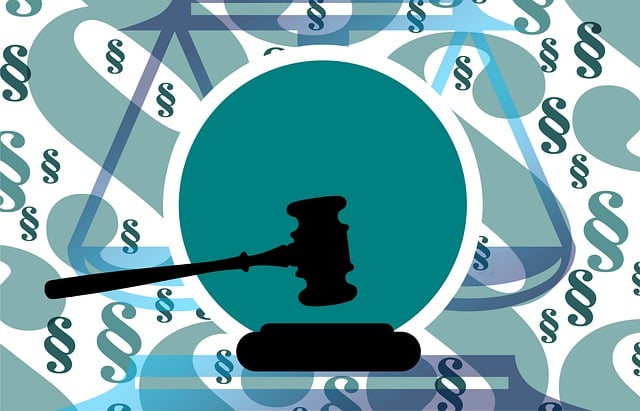
When facing public corruption charges, understanding legal remedies is paramount. Exploring options for appeal and post-conviction relief can be a complex process, but it’s crucial for those seeking to overturn a wrongful conviction. The first step often involves scrutinizing the trial proceedings for any procedural errors or violations of constitutional rights. This may include ineffective assistance of counsel, improper admission of evidence, or jury instruction issues.
For clients, whether corporate or individual, with an unprecedented track record of winning challenging defense verdicts, navigating these legal remedies requires strategic planning and a deep understanding of the law. A comprehensive review of the case, identifying potential grounds for appeal, and crafting a compelling argument are essential components in the steps to overturning a wrongful conviction. This process demands meticulous attention to detail and a relentless pursuit of justice.
Evidence Evaluation: Proving Actual Corruption and Overcoming Prosecution Arguments
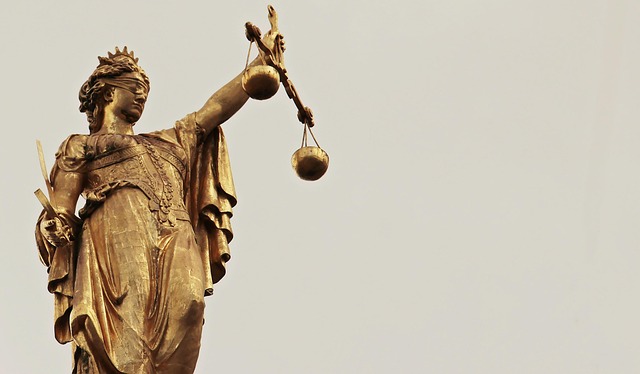
When facing public corruption charges, one of the most critical aspects of any legal strategy is the evaluation and presentation of evidence. This process involves meticulous scrutiny of financial records, communications, and other relevant data to prove or disprove allegations of misconduct. Defendants must be able to demonstrate that their actions did not constitute illegal acts, especially in cases involving complex white-collar and economic crimes.
A robust general criminal defense strategy includes several steps to overturn a wrongful conviction. These may include challenging the admissibility of evidence, cross-examining witnesses to uncover inconsistencies, and presenting alternative explanations for seemingly incriminating actions. Achieving extraordinary results often requires legal teams to dig deep into the nuances of the case, uncovering hidden motivations, and exposing potential biases or misunderstandings that could have led to misdeeds being construed as corruption.
Navigating the Appeals Process: Effective Strategies for Success
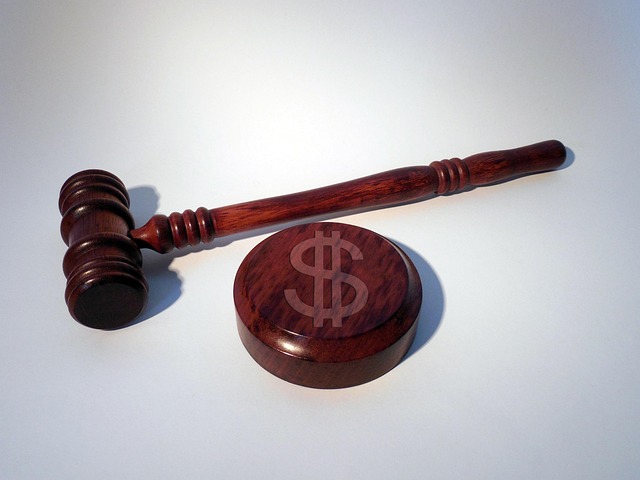
Navigating the appeals process is a complex task, especially when facing public corruption charges. To overturn a wrongful conviction, defendants and their legal representatives must employ strategic tactics that encompass all stages of the investigative and enforcement process. An experienced attorney with an unprecedented track record in these cases can guide clients through this labyrinthine procedure.
The first step involves thorough case analysis to identify potential grounds for appeal. This includes scrutinizing evidence handling, procedural errors, and constitutional violations. Subsequent stages include preparing a compelling legal argument, gathering supporting documentation, and presenting the case before the appellate court. An effective strategy may involve challenging the admissibility of evidence or arguing that the trial violated the defendant’s rights, ultimately aiming to demonstrate the conviction’s unfairness and secure a reversal.
Public corruption charges are complex, and navigating the legal system to overturn a wrongful conviction requires a meticulous approach. By understanding the definition and legal implications of these charges, identifying potential errors in conviction through robust evidence evaluation, and employing effective strategies during appeals, individuals can strengthen their cases significantly. Exploring legal remedies and taking proactive steps towards post-conviction relief are crucial components in the journey towards justice. Remember that each case is unique, and seeking professional guidance is essential to navigate the complexities and ultimately achieve a favorable outcome, ensuring Steps to Overturn a Wrongful Conviction.


